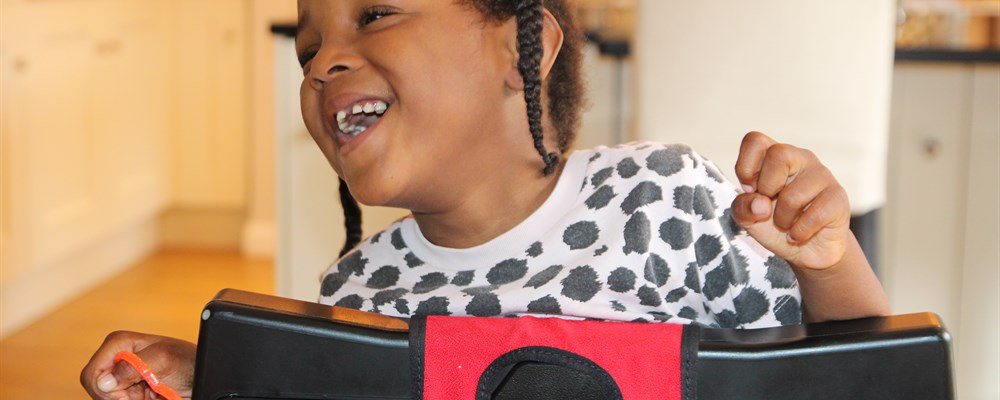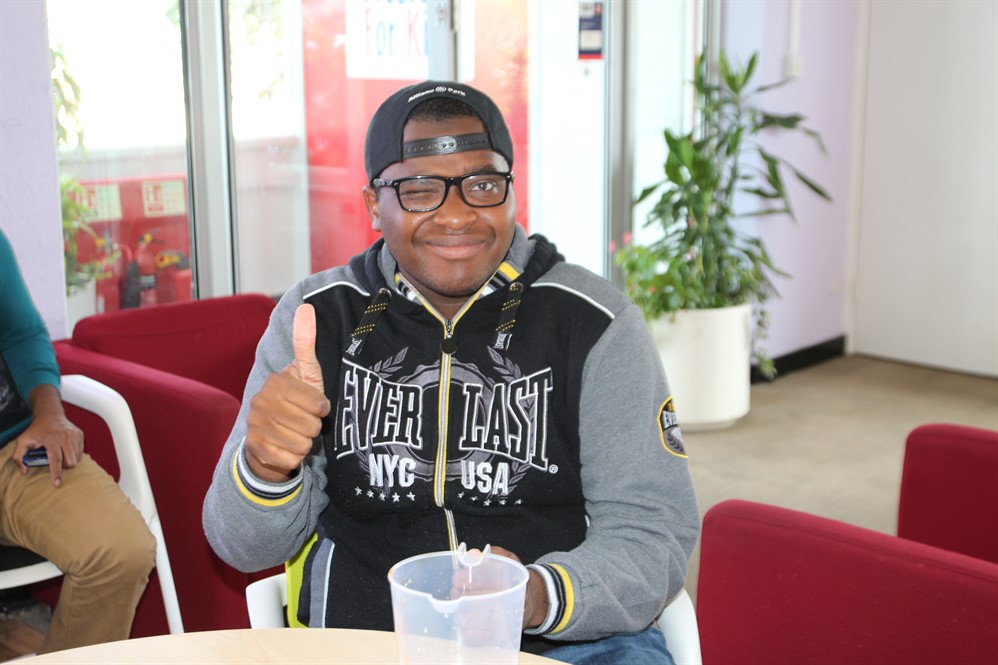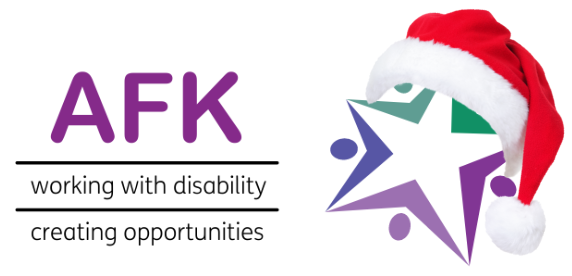A message from Julia, Mobility & Advocacy Manager at my AFK

Our ambassador Dr Hannah Barham-Brown spoke at the British Medical Association’s annual representative meeting last week and positively, a motion was passed for users to have “timely access to chairs suitable for their individual conditions”.
Our Advocacy & Mobility Services Manager Julia (pictured) shares her thoughts below.
This made the news, with Dr Barham-Brown shedding light on disabled people relying on crowdfunding to get the wheelchair they need as well as the postcode lottery of funding and delays in the provision of mobility equipment. She also talked about her personal experience of having crowdfunded for the wheelchair she needed when studying to become a doctor.
Deep austerity cuts have been made in the criteria used to decide who gets a wheelchair and who does not. In the UK in 2017, it is a travesty that so many disabled people cannot access wheelchairs or mobility equipment which will give them the independence at school or to work and be part of the community.
As Advocacy and Mobility Services Manager at my AFK, I work with families every day where disabled children and young people are not getting their basic needs met. They are totally frustrated with the system. Many families attempt to crowdfund but don’t get far for a number of reasons, including the fact that they are competing with so many other charitable causes.
I have a profound empathy with the families I work with. My youngest child, Lana, has cerebral palsy and I know how vital it is for disabled people to be independent and live an ordinary life.
Most of the public would be shocked to hear that the Government only funds certain equipment, even when professionals such as consultants and physiotherapists recommend other models for sound medical needs.
Many families tell me of chairs, which their wheelchair service has issued, that have barely been used. These basic wheelchairs cause sores, pain and other medical complications and sit in a garage or corner unused whilst their physiotherapist, occupational therapist and families desperately try to raise funds from charities such as my AFK to buy a chair that meets the young person’s basic health needs.
NHS England introduced their campaign Right Chair, Right Time, Right Now in 2015. However, we are yet to see evidence that there has been any real improvement in terms of children and young people getting the equipment they need. Two years on, disabled people are still being left with painful, ill-fitting wheelchairs that break down. They feel stranded, confined to their houses, unable to work or get out to leisure activities or meet with friends.
my AFK is one of the few organisations to support young people up to the age of 26. We also fund high-spec wheelchairs that other charities won’t. Unfortunately we are only a medium sized charity and have a waiting list for equipment. To minimise cost and waiting time, I act as an advocate supporting families who I feel could get funding from the NHS to secure their equipment.
I had a case last year where a young adult was told he had to wait 20 months to be assessed for a power chair and, if he passed the assessment, would have to wait a further 6 to 8 weeks until delivery. The young man was in his early 20s, very depressed and spent most of his days getting up very late and spending time gaming – what else was there to do? We submitted a formal complaint and he was seen within three months of my AFK’s involvement.
We know of many families stuck indoors purely because their parents have back problems and their loved ones are too heavy for them to push. At the same time, their child is not eligible for an electric wheelchair simply because he or she can walk a few steps. A small number of wheelchair services will fund a powerpack (a battery that can be attached to a manual chair that can help take the strain off a parent’s back when pushing their child). Yet we have come across situations where a teenager living in the hilly north is confined to her house because their mum can no longer push them and their wheelchair service refuses to fund powerpacks. The same equipment would have been funded in a neighbouring service, ten miles away.
We talk to families every day who have tried many different ways to fundraise including online. One family spent a long time preparing their web page and video campaign and plucking up the courage to post it. His father told me that his online video appeal had received well over a 100 viewings but sadly no donations.
If you would like to help my AFK suport more disabled young people and their families then please donate today.
If you need help to purchase mobility equipment then please apply here.

